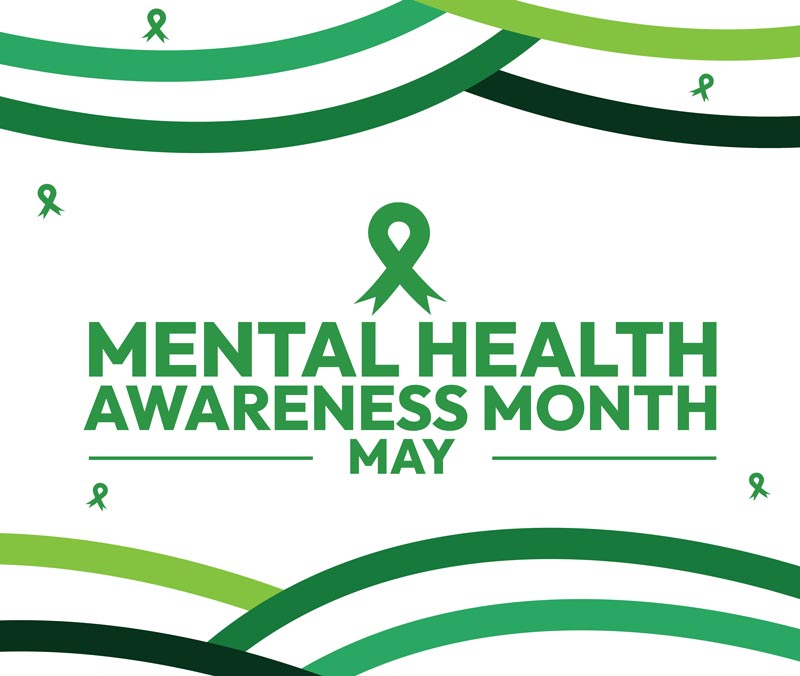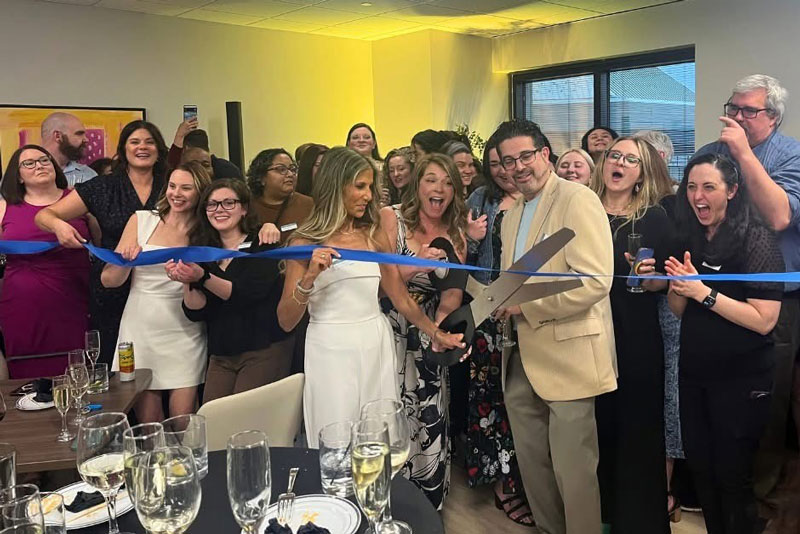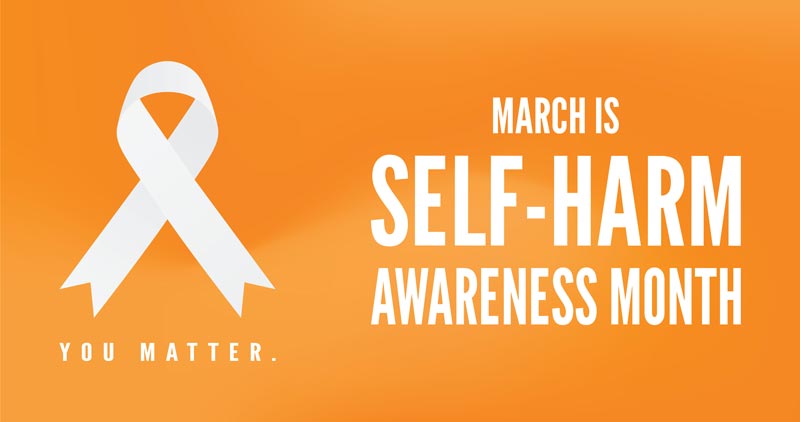By: Kenya Evans
“Brotha, I don’t want to hear about
how my real enemy is the system.
I’m no genius,
but I do know, that system you hit me with
is called a fist.”
-Pat Parker, Poet and Activist
It could happen to a neighbor, a co-worker, an employee, or a friend. It could happen to anyone, at any time or place. It could be noticeable, or completely hidden. Domestic violence (DV) or intimate partner violence (IVP) is indiscriminate, and its survivors can be of any gender, race, culture, sexuality, or economic bracket.
While domestic violence has become a highlighted issue within our public discourse, there are still plenty of myths and misconceptions surrounding it. Unfortunately, these misunderstandings can make it difficult for survivors to know when they are being abused or know when to seek and receive help. This lack of understanding can also keep people close to the survivor from picking up on important clues that their loved one needs help.
In order to get a clear picture of how complex domestic violence can be, we first must understand the different forms it can take in a relationship. Then we can begin to unpack common misconceptions about intimate partner violence and understand how it impacts survivors long-term.
What Does Domestic Violence Look like?
Domestic violence isn’t just what we see on television and in the movies; it’s not limited to physical assault or big, dramatic events. Domestic violence is defined by coercive behaviors that exert control, limit autonomy, and instill fear and distress on an intimate partner. These behaviors include:
- Physical violence: Abusers may kick, punch, slap, choke or hit their partners.
- Sexual and reproductive violence: Abusers may force their partners to engage in sexual acts against their will. They may also seek to control reproductive choices as well. For instance, they may throw away or tamper with birth control substances and devices.
- Verbal abuse: Calling the partner names, yelling, screaming, bullying, demeaning, or swearing at a partner is verbal abuse.
- Controlling behaviors: Abusers may tell their partner how to dress or act, take money or threaten to cut off access to finances, isolate their partner from friends and family or threaten to destroy a partner’s property.
Domestic Violence: 10 things you need to know
- Domestic Violence is more common than you think. It happens across all facets of the American (and global) population, and can happen in any relationship regardless of education, marital status, religion, sexuality, or gender. Intimate partner violence occurs in every intimate relationship dynamic; it’s not just hetero, cis-male and female-presenting individuals. People in same-sex or non-traditional relationships, including on-binary and transgender people, experience partner violence every day. Some estimates state that domestic violence harms as many as 20 individuals each minute in the U.S.
- Some populations are more vulnerable than others. Some populations experience IVP at a higher rate than other groups. For example, a recent study found that transgender people are especially vulnerable to intimate partner violence. To complicate matters, they often face discrimination and intense stigma both from abusers and would-be supports, regardless of their assigned sex at birth.
- There is no “personality type” for domestic violence. Abusers aren’t always hot-tempered; survivors aren’t always meek and mild. People with all kinds of personality traits experience—and commit— domestic violence. Intimate partner violence can occur with confident, shy, introverted, extroverted, creative, analytical, whimsical, or pragmatic people. Abuse is about power and control, not preying on a certain type of personality.
- Domestic Violence is not always obvious. Intimate partner violence, as its name implies, usually occurs in personal settings where others can’t witness what is happening. Because so much IPV happens in secret, survivors often feel responsible for hiding the abuse; they might feel intense shame and can even blame themselves for the violence.
To make things more complex, the abuser might seem friendly and kind to others outside intimate settings, making it even more difficult for the survivor to find help and support in their communities. Abusers might also gaslight their partners, causing them to question their version of reality and doubt whether they are actually experiencing the violence or abuse. - “Just leave” isn’t always an option. Survivors may fear for their safety or the safety of their children and other loved ones if they leave an abusive relationship. Sadly, these fears are well-founded. Studies show that many abusers become even more violent after the survivor has left. The NCADV cites that the time after the relationship has ended is actually the most dangerous for survivors. Sometimes when a person leaves a relationship, the abuser’s violence and aggression only escalates, leading to more severe physical harm or, in some cases, death.
- Help for survivors can be hard to find. A survivor’s decision to seek help can be complex and challenging. They might face distrust and discrimination from some, or even encounter resistance from authority figures or other community members. And depending on where a survivor lives, resources may be limited or difficult to access.
- Alcohol and drugs aren’t to blame. Abusers are. While substance abuse certainly influences aspects of IPV, the blame is always with the abuser. Addiction or impairment can escalate a situation quickly, but is never an excuse for intimate partner violence.
- Self-defense is not abuse. Survivors reacting to their abuse are not abusive. Experts agree that lashing out at one’s abuser by screaming, yelling, hitting back, or defending oneself in other ways is not abuse, no matter how the abuser is injured in the process. Domestic violence is a pattern of behavior that is controlling or coercive; reacting to being abused is not the same thing.
- Couples’ counseling isn’t the answer. Not only is this idea a myth, but it is also a dangerous misconception for survivors. Couples’ counseling is predicated on the idea that a couple is on equal footing, with similar agendas and goals. In counseling sessions, both people share responsibility for the relationship. For the abuser, domestic violence is about getting power and maintaining it, not sharing responsibility. In a domestic violence situation, the responsibility for the violent behavior rests with the abuser.
- “Love bombing” is manipulation. Survivors of domestic violence often report feeling conflicted by their love for their abuser. They may have experienced phases of the relationship that included “love-bombing”— being lavished with attention and gifts— by their abuser, or promises of change and reconciliation. These tactics are intended to influence and manipulate the survivor in order to control them.
Domestic Violence and Its Effects
Physical injuries and harm are just one way that intimate partner violence can leave its mark on survivors. The effects of IPV can be long-lasting, and can impact and damage a survivor’s emotional and mental health. The heavy emotional and mental toll of domestic violence can affect survivors in many ways.
Survivors of this kind of abuse report feeling:
- Depressed
- Helpless
- Isolated
- Ashamed
- Embarrassed
Some studies also indicate that survivors may suffer from anxiety, have higher rates of PTSD, and may also experience increased rates of chronic pain and physical impairment (Stockman, 2015). Other effects can include frequent panic attacks, nightmares, and emotional withdrawal.
The long-term effects of domestic violence on its survivors can be life-altering, and interfere with a survivor’s future relationships, life choices, career, and more.
Healing from Domestic Violence
For survivors of domestic violence, healing is possible. The journey to recovery, while not easy, is within reach and sustainable. Working with a mental health professional can help survivors learn new ways of navigating their trauma.
In addition to working through mental health symptoms, a qualified therapist, psychologist, or counselor can also help survivors create safety plans for separating from their abusers and lead them to other resources for support throughout the process.
If you or someone you know needs help processing trauma caused by domestic violence, please contact us at skywaybehavioralhealth.com.
Remember, you are not alone.




